How to connect these components safely and efficiently
Wiring and fuses are essential components that ensure the safe and efficient operation of the solar power system. But how to size a fuse and the wire gauge for your solar system and appliance?
In this video we are going to explain what a parallel and series connection is, and how to use it in the solar power system.
Let's start by understanding what fuse and wire gauge are.
The fuse is a small wire that heats up at a certain amp rating, if too many amps go through, it will disconnect that appliance or the wire. The fuse is like a self destructive switch, it will disconnect power if something bad happens to that wire or the appliance short circuits internally.

Whenever you connect an appliance or a charger to a battery, the battery is an amp source, it can produce hundreds of amps so you need to make sure that it's protected.
All of that electricity flows out through the wires of your solar system, it will generate lots of heat and catch things on fire, that’s why you need to size the fuse and the wire gauge size accordingly for your application.
Now, let's learn what size wire to use in what size fuse, and how to calculate that.
Fuse
We need to find the size for the fuse so it can be able to protect the appliance and the wire itself.

In order to do this, what you can do is size the fuse to 125% of the amp rating.
There are different codes, such as 135%, but 125% of the amp rating is easy and most people agree that it works for most things. So in the short term, take the appliance amp rating and times it by 1.25, it will give you the amp rating of the fuse that you need.
Keep in mind that since all wires give off a small amount of heat, there is a loss of 3% to 5%, which is the conventional efficiency.
Also, if you have an appliance that's connected to the battery, and it's always turned on like an inverter, standby or a solar charge controller, you need to make sure that the gauge of the wires is larger than needed for better efficiency and less loss. If your load is infrequently connected you can use a slightly smaller wire but you still need to make sure that the fuse is large enough.
Wire gauge
Correct wiring is critical for any electrical system. We need a wire to connect your appliance to a battery, so first we need to determine the distance of the wires, and the amperage the wires need to carry.
With these two variables, we can follow the chart below and it will tell you what gauge of wire to use for that size of load at that distance.

Keep in mind that if you use a wire that's too small, it will give off more heat and will not be as efficient. But if you use the proper gauge of wire and you also calculate to 125% of the amp load the wire, the appliance should be protected.
Always ensure that each component is correctly sized and rated for the system's power requirements and that the installation complies with local electrical codes. It is often best to work with a certified electrician or a solar installation professional to ensure that your system is safe and reliable.
Conclusion
Sizing fuses and wire gauges correctly is crucial for the safety and efficiency of a solar power system. For fuse size, we recommend rated at 125% of the appliance's amp rating to protect against overcurrent. For wire gauges, the choice depends on the amperage and the distance the wire must cover, with the aim to minimize heat loss and maintain efficiency. We recommended consulting the chart to determine the correct wire gauge, and to always adhere to local electrical codes, potentially enlisting the help of a certified electrician for safe and reliable system installation.






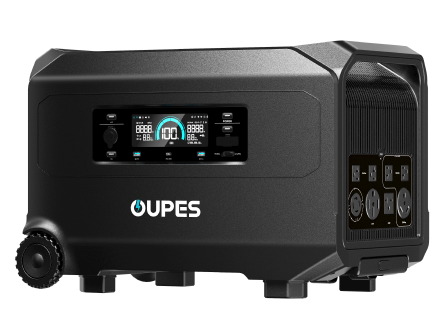



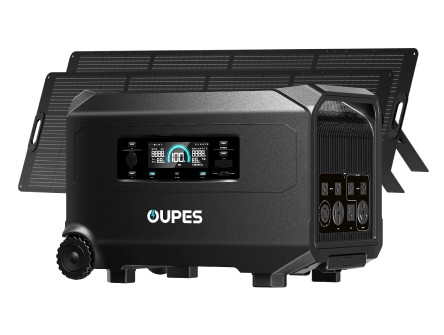

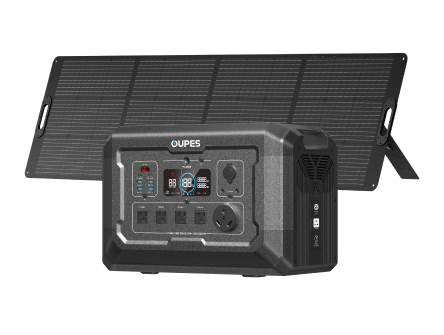

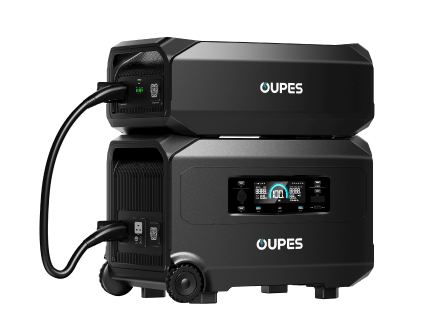
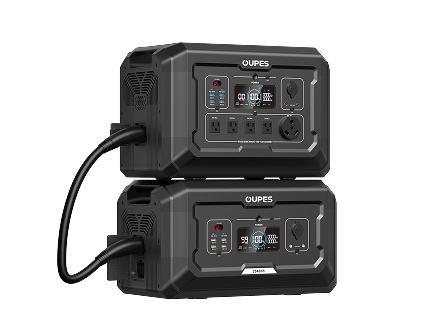
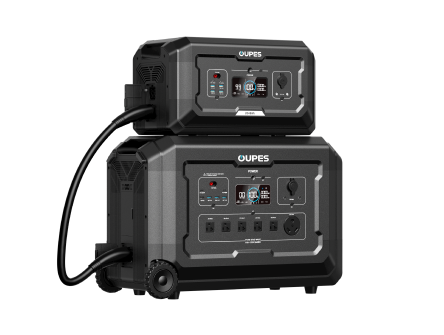
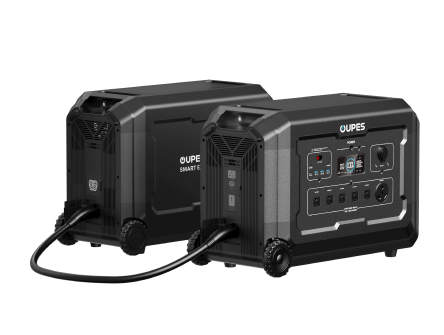




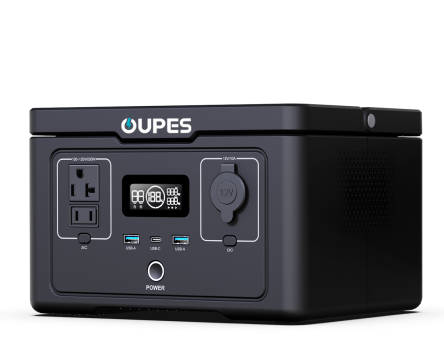


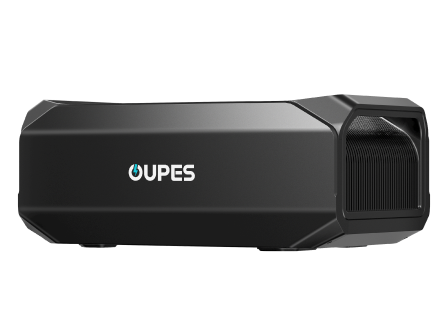
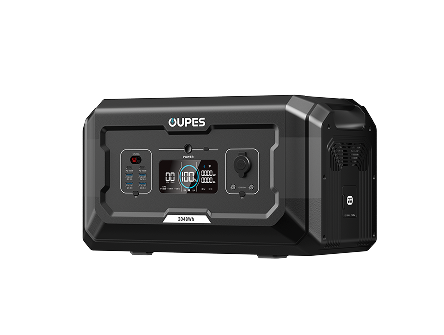
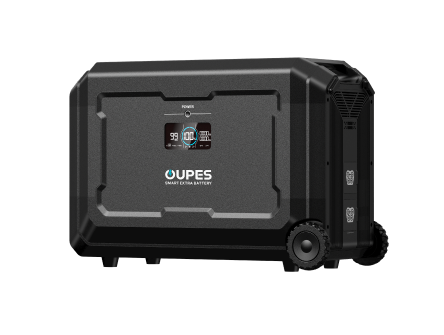
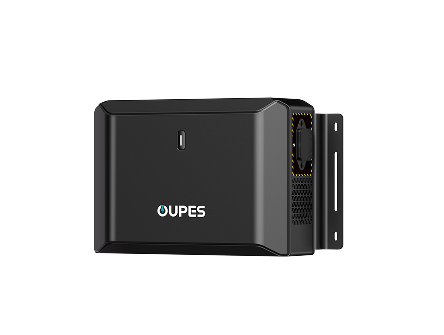
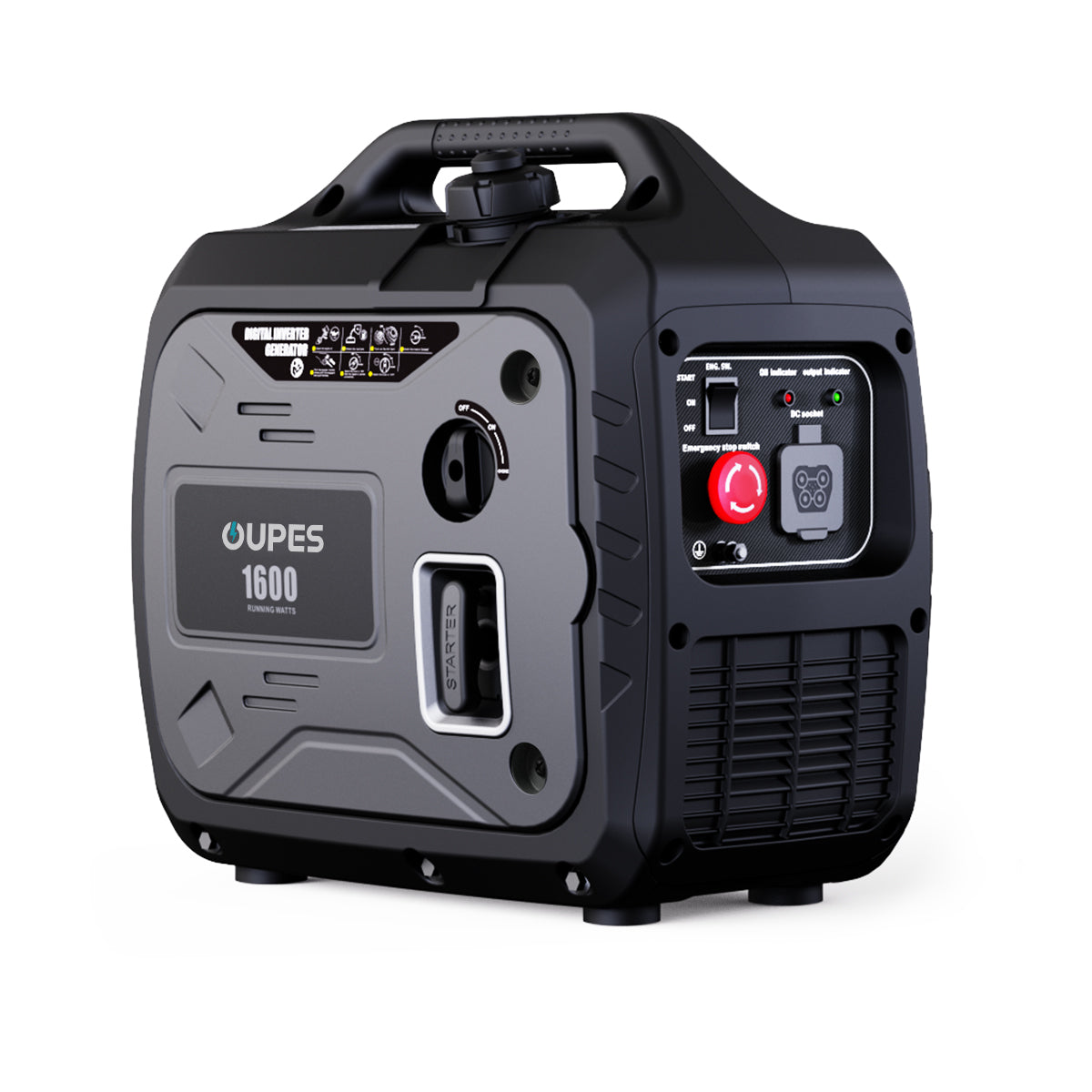

































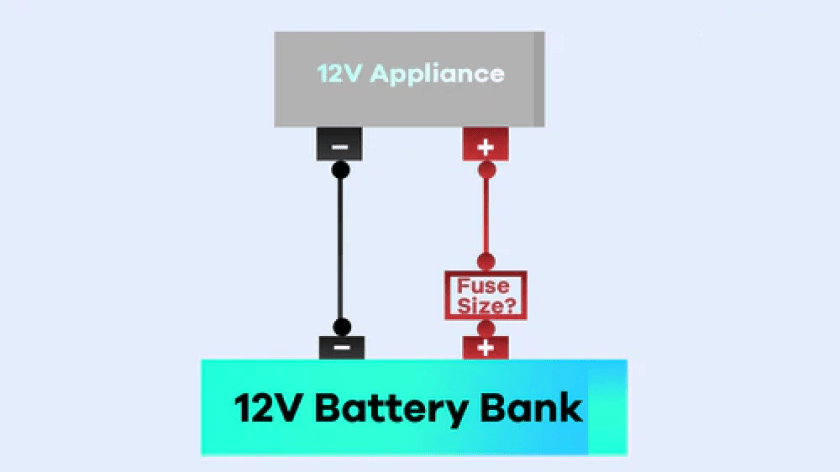



Leave a comment
This site is protected by hCaptcha and the hCaptcha Privacy Policy and Terms of Service apply.